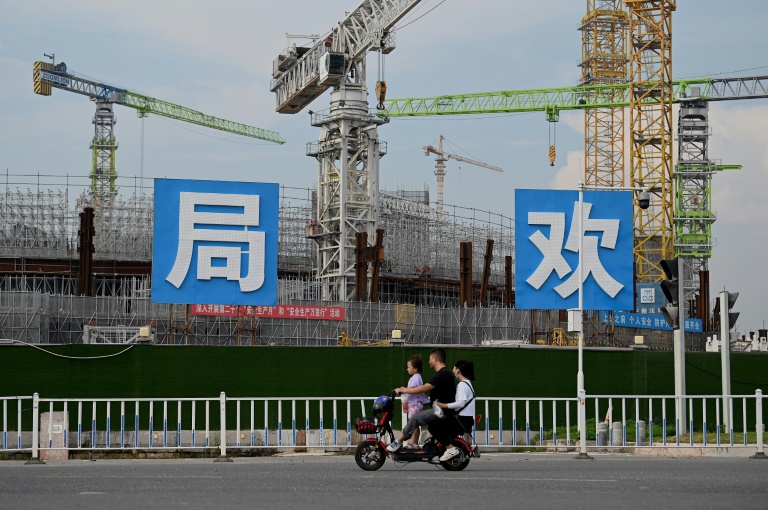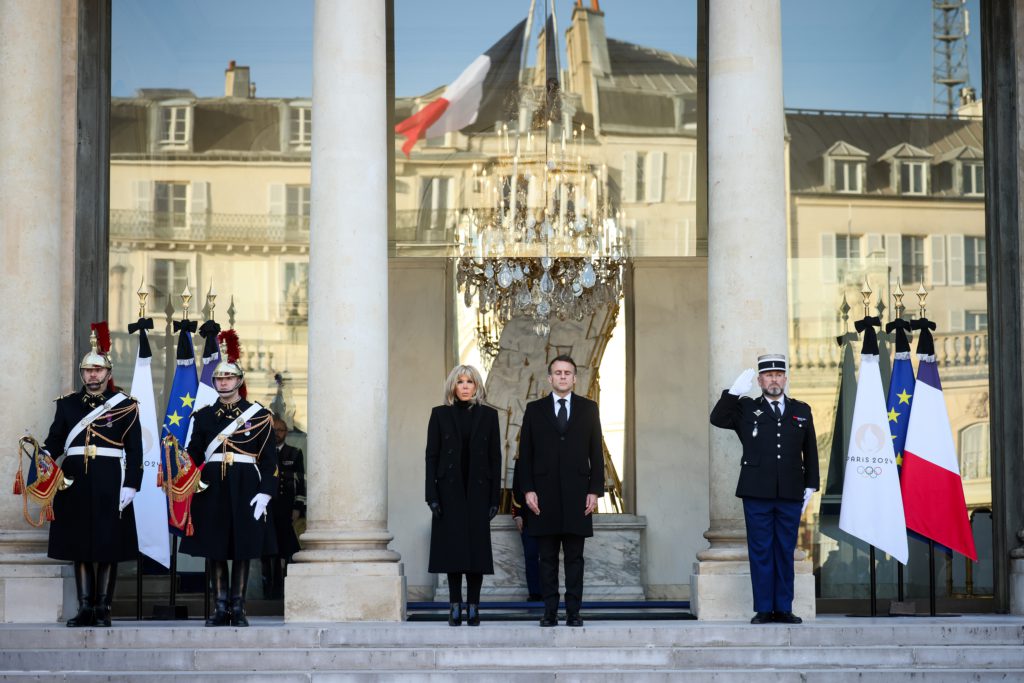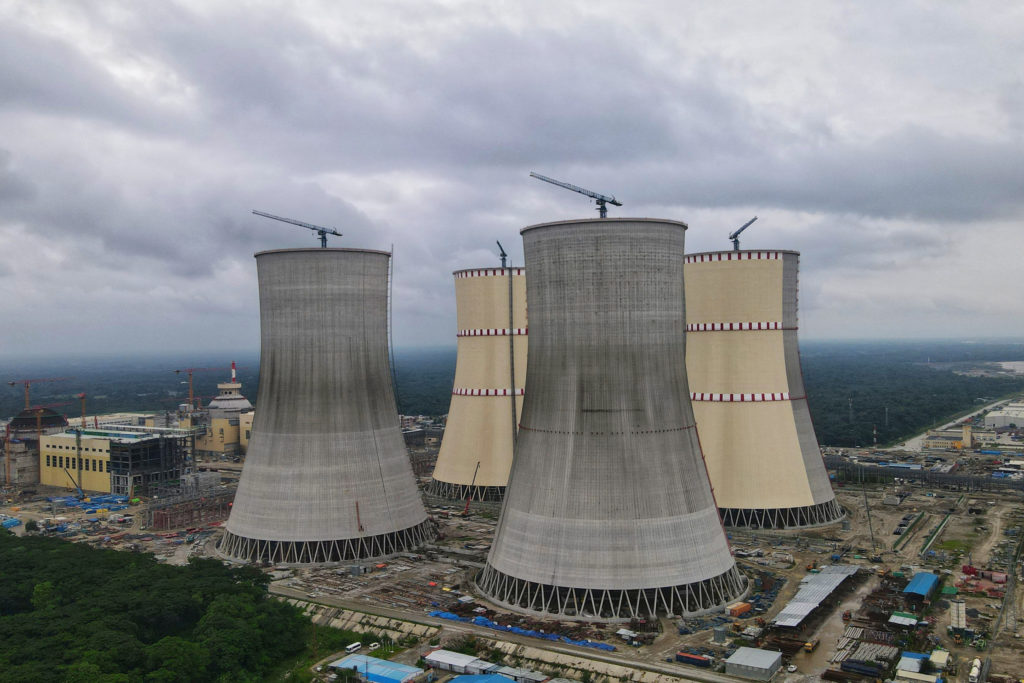Fears of contagion from the potential collapse of battered Chinese real estate giant Evergrande sent property shares plunging in Hong Kong on Monday, with the firm expected to default on upcoming interest payments this week.
The firm, one of the country’s biggest developers, is on the brink of collapse as it wallows in debts of more than $300 billion.
With the property sector accounting for more than a quarter of Chinese GDP, there are concerns of a spillover into the domestic and global economy.
The crisis has triggered rare protests outside the company’s offices in several Chinese cities by investors and suppliers demanding their money — some of whom claim they are owed as much as $1 million.
Adding to the anger, it emerged at the weekend that six top executives would face “severe punishment” for redeeming financial products before telling retail investors that the firm could not pay them on time.
The firm said they must return the cash they redeemed “within a time limit”, adding that its investment arm must “strictly follow the announced repayment plan to ensure fairness and impartiality”.
The crisis sent shares in the firm diving around 17 percent Monday, leaving it down around 90 percent from the start of the year.
Other property firms were also in the firing line, with Henderson Land losing 13.2 percent and New World Development more than 12 percent. Sun Hung Kai Properties shed 10.3 percent. Sinic Holdings called a trading halt after its shares crashed 87 percent — wiping out $1.3 billion from chairman Zhang Yuanlin’s wealth, leaving him with $250 million, according to Forbes.
Meanwhile, insurance giant Ping An fell nearly six percent. China Minsheng Bank, Agricultural Bank of China and Industrial and Commercial Bank of China were all down around three to six percent.
The dash for the exit left the Hang Seng Index down more than four percent.
Analysts say a lack of comment from Beijing and a holiday in China are only adding to the uncertainty.
Philip Tse, of BOCOM International Holdings, warned “there will be further downside” unless leaders give a clear signal on Evergrande or ease up on their clampdown on the real estate sector.
Attention is now on the company’s repayments, with interest due on bank loans Monday and two bonds on Thursday.
– Debt mountain –
However, one creditor quoted by Chinese financial outlet Caixin Global Monday estimated that there is a “99.99 percent” chance Evergrande will not be able to pay interest due in the third quarter.
As of the end of June, the property developer had total liabilities of almost 2 trillion yuan ($309 billion) — roughly equivalent to two percent of China’s GDP — with an unknown amount of off-sheet debt.
The giant debt mountain helped drive Evergrande’s voracious expansion, which started with a 1990s property boom and lasted until Beijing moved to trim leveraged growth in the sector by introducing curbs in 2020.
While predominantly a real estate firm, the group also embarked on an all-out diversification, buying football club Guangzhou FC, opening amusement parks, setting up Evergrande Spring mineral water and also investing in tourism, digital operations, insurance, and health.
But it has come unstuck as Beijing cracked down on developers in a bid to force them to offload debt, introducing “three red lines” to curb leverage last year.
It introduced a ban on selling properties before they are completed — a major part of Evergrande’s business model.
– ‘Tremendous pressure’ –
Experts say the firm has more than a million units pre-paid by customers yet to be built, adding to the sense of dread among Chinese investors, many of them first-time buyers.
The company last week admitted it is under “tremendous pressure” and may not be able to meet its liabilities. Its credit rating has been cut several times by ratings agencies.
With access to lending markets now cut off and no money to complete developments and service its debts, the firm has been trying new ways to meet its responsibilities including offering parking spaces and unfinished properties.
At the weekend, financial products purveyor Evergrande Wealth announced that “payment via physical assets” had started with the offer of discounted properties.
Still, while Chinese leaders are looking to curb excessive risk-taking, there is a general belief they will work to prevent the issue from becoming unmanageable and driving a hole through the already stuttering economy.
“The central government’s priority of social stability makes restructuring likely with haircuts for debt holders, but spillovers to other listed property developers means there will likely be a real economy impact on the real estate sector,” said National Australia Bank’s Tapas Strickland.
“To what extent Evergrande slows the growth momentum remains unclear.”










